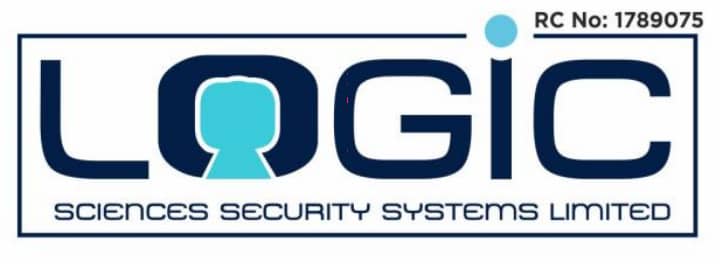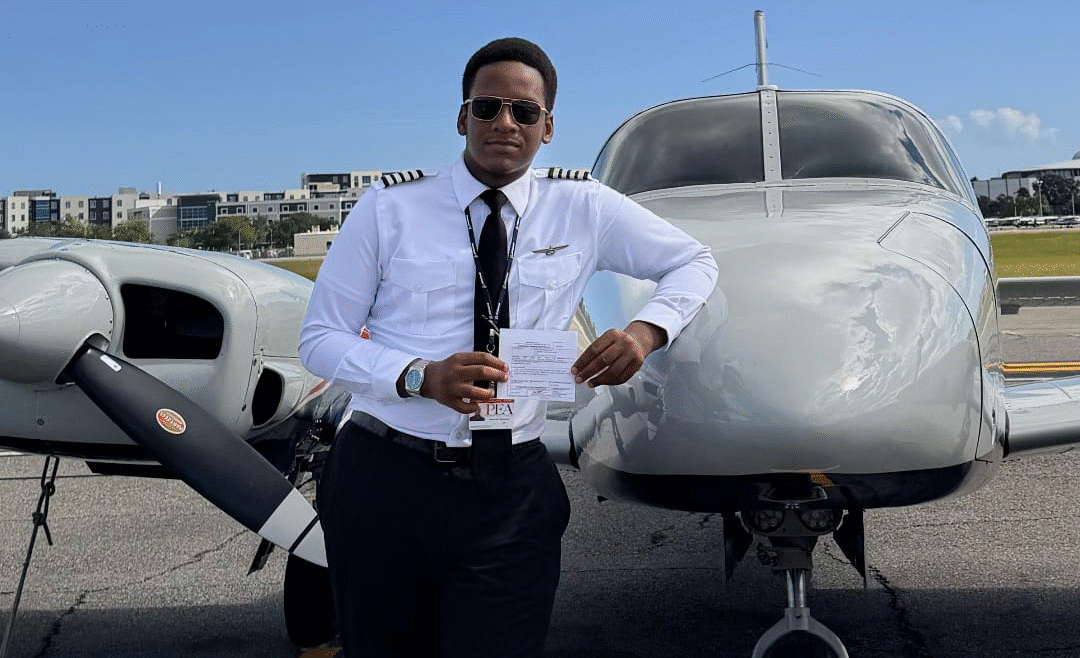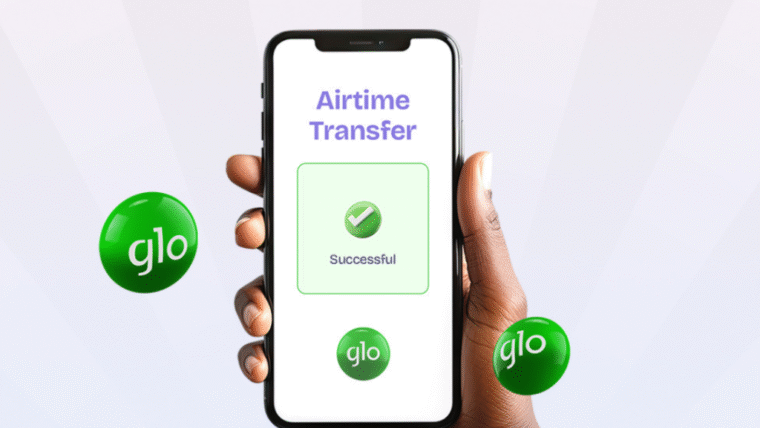Becoming a commercial pilot in Nigeria is a demanding but rewarding journey. It requires strong commitment, financial investment, and rigorous training. In this guide, we walk through the key steps, requirements, costs, and what to expect based on the current trend in Nigeria (2025).
What Are the Steps to Becoming a Commercial Pilot in Nigeria in 2025?
1. Understand What a Commercial Pilot in Nigeria Does
A commercial pilot is licensed to fly aircraft for hire, meaning they can carry passengers or cargo for compensation. Unlike recreational pilots, commercial pilots operate professionally in charter services, airlines, or other commercial operations.
To become a commercial pilot, you must first obtain a Commercial Pilot Licence (CPL) from a certified institution and be approved by the Nigerian Civil Aviation Authority (NCAA).
Also read: Aviation School in Nigeria: Step-by-Step Guide on How to Get In
2. Meet the Basic Eligibility Requirements
To start your path toward becoming a commercial pilot in Nigeria, you must meet several baseline requirements:
- Education
- You need a minimum of five O-Level credits, including English, Mathematics, and Physics.
- Age
- According to NCAA regulations, you must be at least 18 years old to hold a CPL.
- However, some flight schools allow you to begin training earlier. For instance, International Aviation College (IAC) requires a minimum of 17 years to start their CPL course.
- Medical Fitness
- You must obtain a Class 1 medical certificate, as required by Nigerian Civil Aviation Regulations.
- The NCAA’s technical guidance also demands you keep this medical certificate current.
- Language Proficiency
- You must be proficient in English, since aviation communication and regulatory exams rely heavily on it.
3. Choose an NCAA-Approved Flight School
Not all aviation schools in Nigeria are approved for pilot training. As of 2025, the main institutions offering NCAA-approved pilot training include:
- Nigerian College of Aviation Technology (NCAT), Zaria
- International Aviation College (IAC), Ilorin
- International Helicopter Flying School, Enugu (for helicopter pilots)
These schools offer courses tailored for aspiring commercial pilots.
Also read: Top 10 Aviation Schools in Africa | Latest Guide
4. Complete Ground and Flight Training

Training to become a commercial pilot involves both theoretical (ground) school and practical flight hours.
a) Ground School
You will study topics like:
- Air law
- Aircraft systems
- Meteorology
- Navigation
- Operational procedures and more.
NCAA regulations require ground training in all relevant subjects for a CPL, delivered by authorized instructors.
b) Flight Training
Flight training consists of:
- Dual instruction (flying with an instructor)
- Solo flying
- Navigation training
- Emergency procedures
At IAC, the CPL course lasts around 18 months.
At NCAT, you will also fly under instructor supervision and build advanced flight hours.
5. Pass Licensing Exams and Skill Tests
After training, you must pass examinations to earn your CPL:
- Written Exams: Cover all the ground-school topics (air law, navigation, etc.).
- Practical (Skill) Test: Conducted by NCAA-approved examiners, using standards set in their advisory circulars.
These assessments ensure you are ready to handle aircraft safely and professionally.
Also read: 10 Top Airlines in Africa | Latest Update
6. Get Your Commercial Pilot Licence (CPL)
Once you pass the required exams and flight tests, you’ll be issued a Commercial Pilot Licence by the NCAA, provided you maintain:
- A valid Class 1 medical certificate
- Language proficiency (English) checked during licensing
- Any required ratings (e.g., instrument, multi-engine) depending on your training path
7. Consider Additional Ratings and Training
Many commercial pilots further train to increase their qualifications:
- Instrument Rating (IR): Lets you fly under instrument flight rules (IFR).
- Multi-Engine (ME) Rating: Required to fly larger or more complex aircraft.
- Type Rating: For specific aircraft models (for example, Airbus or Boeing).
These ratings improve your employability and are often required by airlines.
8. Understand the Cost of Becoming a Commercial Pilot in Nigeria
Training to become a commercial pilot in Nigeria is expensive, and you must plan carefully.
- According to Zikoko, pilot training can cost between ₦7.5 million and ₦8.9 million, depending on the school.
- NCAT’s CPL course fee is about ₦6,509,440, excluding accommodation and feeding.
- According to Nairametrics, the total cost for full pilot training could go as high as ₦23 million (for NCAT) or ₦28 million (for IAC).
- Additional costs often arise later for type rating, which some airlines may require; this is often in foreign currencies.
Also read: High-Paying Jobs in Aviation Around the World in 2025
9. Apply for and Enroll in Your Training Program
To begin:
- Visit the school’s admission office (e.g., IAC for Ilorin), fill out the application.
- Submit documents: your SSCE/WAEC (or equivalent), passport photographs, and your Class 1 medical certificate.
- Undergo screening tests: many schools require aptitude tests covering general knowledge, coordination, simulator evaluation, etc.
- Once accepted, pay the required fees and begin your ground and flight training schedule.
10. Plan for Your Career After Licensing
After obtaining your commercial pilot license in Nigeria, your next steps might include:
- Gaining experience (many pilots begin with charter or small companies).
- Building flight hours (airlines often hire pilots with a certain number of hours).
- Securing a type rating if you aim to work for larger airlines or to fly specific aircraft models.
- Maintaining currency and proficiency, as required by NCAA.
Also read: Full List of Airlines in Nigeria 2025: Local and International Carriers
11. Weigh the Challenges and Rewards
Challenges
- High Cost: Training is very expensive and largely dollar-denominated.
- Rigorous Process: Requires medical clearance, exams, and many flight hours.
- Competition: Entry-level pilot roles are competitive, and type rating is often required.
Rewards
- Professional Career: As a commercial pilot in Nigeria, you can work for airlines, charter companies, or private operations.
- High Status: Pilots are respected in the aviation industry.
- Potential Earnings: While not guaranteed, a CPL opens up better-paying aviation jobs.
Conclusion
Becoming a commercial pilot in Nigeria in 2025 is a challenging but achievable goal. You must satisfy educational, age, and medical requirements, enroll in an NCAA-approved school, complete both ground and flight training, pass licensing exams, and perhaps pursue additional ratings. The financial investment is significant, but for many, the opportunity to fly professionally makes this path worthwhile.
If you’re seriously considering this career, start by researching approved flight schools, planning your budget, and preparing for the training ahead. With determination and the right resources, you can turn your pilot dreams into a reality.



